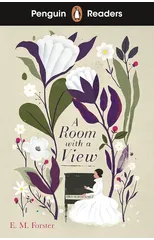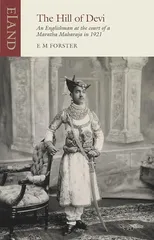In Howard's End, E.M. Forster unveils the English character as never before, exploring the underlying class warfare involving three distinct groups--a wealthy family bound by the rules of tradition and property, two independent, cultured sisters, and a young man living on the edge of poverty. The source of their conflict--Howards End, a house in the countryside which ultimately becomes a symbol of conflict within British society.
E.M. Forster
E.M. Forster was a British novelist and essayist known for his insightful social commentary and exploration of human relationships. His most notable works include "A Passage to India," "Howards End," and "A Room with a View." Forster's writing style is characterized by its clarity, wit, and empathy towards his characters. He is credited with pioneering the psychological novel and challenging traditional British social norms. "A Passage to India" is considered his masterpiece, tackling themes of colonialism, race, and cultural misunderstanding. Forster's works continue to be celebrated for their timeless relevance and profound exploration of human nature.





